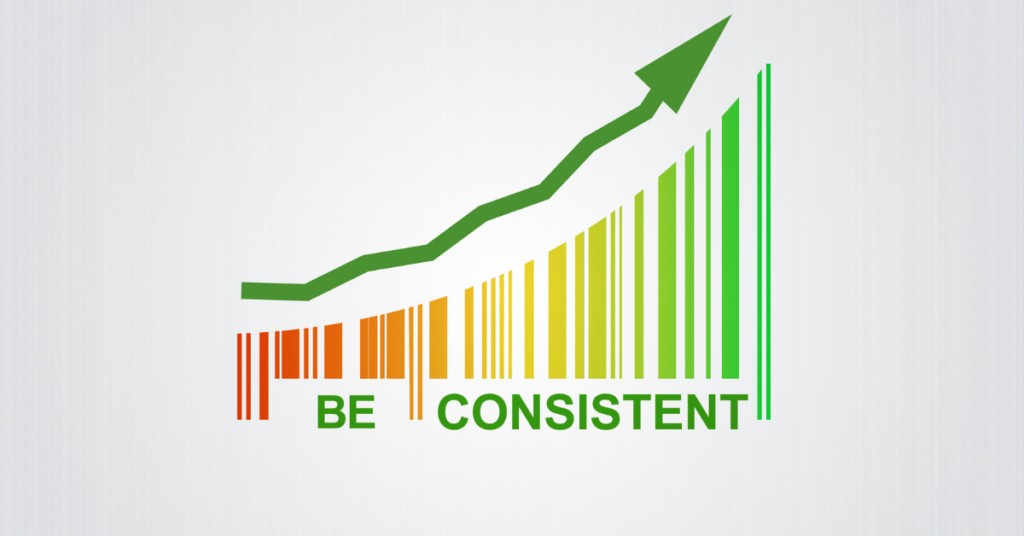Introduction
An HVAC system is essential for maintaining a comfortable indoor environment, but not all systems are equally efficient. Upgrading to an energy-efficient model can lower utility bills, improve air quality, and reduce environmental impact. Modern systems use advanced technology to optimize energy consumption while ensuring better temperature control and humidity regulation. With smart features, zoning capabilities, and improved filtration, these systems offer superior performance compared to traditional models. In this blog, we’ll explore why investing in an energy-efficient HVAC system is a smart choice for homeowners.
Lower HVAC Energy Bills
An energy-efficient HVAC system consumes less power by optimizing heating and cooling processes, leading to significant cost savings on utility bills. Traditional systems often work harder to maintain indoor temperatures, especially when outdated or poorly maintained, resulting in excessive energy use. High-efficiency models use variable-speed motors, programmable thermostats, and advanced heat exchangers to reduce energy consumption. Over time, the savings from lower monthly bills can offset the initial investment, making it a financially wise decision. By ensuring proper insulation and regular maintenance, homeowners can further maximize efficiency and reduce waste.
Reduced Carbon Footprint & Environmental Benefits
Switching to an energy-efficient HVAC system helps lower carbon emissions by using eco-friendly refrigerants and advanced energy-saving mechanisms. Older systems often rely on fossil fuels and inefficient compressors, which contribute to environmental pollution. Modern high-efficiency models use advanced heat pumps and hybrid systems that significantly reduce greenhouse gas emissions. By consuming less electricity, these systems lessen the strain on power grids and promote a more sustainable energy future. Homeowners looking to make an eco-conscious choice can further reduce their footprint by integrating renewable energy sources like solar panels.
Improved Indoor Air Quality & Humidity Control
A high-performance HVAC system not only regulates temperature but also plays a crucial role in improving indoor air quality. Traditional systems may accumulate dust, allergens, and pollutants, leading to respiratory issues and allergies. Energy-efficient models come equipped with high-quality air filters, HEPA filtration, and humidity control mechanisms that help remove airborne contaminants. Cleaner air reduces health risks, enhances sleep quality, and creates a more comfortable living environment. Regular filter changes and proper ventilation further enhance air purity, ensuring a healthier home. Humidity regulation is a vital function of an HVAC system, preventing excess moisture buildup that can lead to mold growth and structural damage. High humidity can create a breeding ground for bacteria and allergens, while low humidity can cause dry skin and respiratory problems. Energy-efficient models use advanced sensors and dehumidifiers to maintain optimal indoor moisture levels. Smart thermostats allow homeowners to customize humidity settings for improved comfort year-round. By maintaining the right balance, energy-efficient systems contribute to a healthier indoor environment and increased longevity of home furnishings.
Consistent & Even Temperature Distribution

Older HVAC systems often struggle to maintain even temperatures, leading to hot and cold spots within a home. Energy-efficient models utilize variable-speed compressors and multi-stage heating and cooling to distribute air more evenly. Zoning capabilities allow homeowners to customize temperature settings for different areas, preventing unnecessary energy waste. Smart thermostats work in tandem with these systems, learning preferences and adjusting temperatures accordingly. This ensures a consistent, comfortable indoor climate while reducing energy consumption. Proper insulation and duct sealing further improve temperature regulation, maximizing the system’s efficiency.
Quieter Operation
Traditional HVAC systems can be loud, with constant cycling on and off, causing disturbances in daily life. Energy-efficient models are designed with noise-reduction technology, including sound-dampening insulation and variable-speed fans. These features allow for quieter operation, making them ideal for bedrooms, home offices, and living spaces. Improved compressor design and smart technology also contribute to a more seamless and unobtrusive heating and cooling experience. A quieter system enhances home comfort without the distractions of excessive noise.
Longer System HVAC Lifespan & Reduced Costs
Investing in an energy-efficient HVAC system means fewer breakdowns and lower maintenance costs. High-efficiency models are built with durable components and advanced technology that prevent excessive wear and tear. Traditional units often overwork themselves, leading to frequent repairs and costly part replacements. With regular maintenance, an energy-efficient system can last up to 20 years, providing long-term savings. Smart diagnostics and self-monitoring features alert homeowners to potential issues before they become costly problems, ensuring smooth operation.
Smart Technology Integration

Modern HVAC systems come equipped with smart technology, allowing homeowners to monitor and control their indoor climate remotely. Smart thermostats learn daily routines and automatically adjust temperature settings for optimal energy efficiency. Home automation systems can integrate with HVAC systems, providing real-time insights on energy consumption and performance. Mobile apps allow users to control settings from anywhere, improving convenience and reducing unnecessary energy use. These technological advancements ensure better comfort and significant savings on utility bills.
Government Incentives & Increased Property Value
Upgrading to an energy-efficient HVAC system can qualify homeowners for tax credits, rebates, and energy efficiency incentives. Many governments and utility companies offer financial incentives to encourage the adoption of eco-friendly heating and cooling solutions. These rebates help offset the initial investment, making energy-efficient upgrades more accessible. Some programs also provide financing options, allowing homeowners to spread out costs while enjoying immediate energy savings. Checking with local energy providers can help homeowners take advantage of these valuable incentives. A home equipped with an energy-efficient HVAC system is more attractive to potential buyers, increasing property value. Prospective buyers look for modern, cost-effective, and eco-friendly features when considering a home purchase. A high-efficiency system signals lower energy costs, improved indoor air quality, and a well-maintained property. Real estate studies show that homes with energy-efficient upgrades tend to sell faster and at higher prices. Investing in an upgraded HVAC system is not just a benefit for current homeowners but also a valuable asset for future resale.
Compatibility with Renewable Energy Sources
For homeowners looking to embrace renewable energy, an energy-efficient HVAC system is a perfect complement. High-efficiency models can integrate seamlessly with solar panels or geothermal energy systems, further reducing reliance on traditional power sources. Hybrid systems allow for energy source switching based on efficiency and availability. Using renewable energy alongside an efficient HVAC system maximizes savings while promoting environmental responsibility. As the demand for sustainable solutions grows, integrating these technologies makes homes more future-proof.
Customization & Enhanced Safety Features
Energy-efficient HVAC systems offer zoning capabilities, allowing homeowners to control temperatures in different areas independently. Unlike traditional models that heat or cool the entire home at once, zoned systems provide personalized comfort while reducing energy waste. Each zone can be set to a different temperature, catering to individual preferences and optimizing efficiency. This is especially useful for multi-story homes or spaces with varying occupancy levels. Zoning capabilities not only improve comfort but also contribute to significant energy savings. Modern energy-efficient HVAC systems come equipped with advanced safety features to prevent potential hazards. Traditional systems that rely on outdated electrical components or gas furnaces pose risks such as carbon monoxide leaks and fire hazards. High-efficiency models include built-in sensors, automatic shutoff mechanisms, and improved ventilation to ensure safe operation. Regular professional maintenance further enhances safety, ensuring all components function optimally. Choosing an energy-efficient HVAC system means investing in peace of mind for your family.
Related: Preparing Your HVAC System for Seasonal Changes
Conclusion
Upgrading to an energy-efficient HVAC system offers numerous benefits, from lower energy bills and reduced environmental impact to improved indoor air quality and enhanced home comfort. These systems provide long-term savings, increased reliability, and cutting-edge technology that enhances home efficiency. Whether you’re looking for better climate control, quieter operation, or compatibility with renewable energy, an energy-efficient HVAC system is a smart investment.
Call to Action
At The HVAC Army, we specialize in providing top-tier energy-efficient HVAC solutions tailored to your home’s needs. Whether you’re looking to upgrade your system or need expert advice, our team of HVAC service experts is here to help. Contact The HVAC Army today to explore the best energy-efficient HVAC system options for your home!
